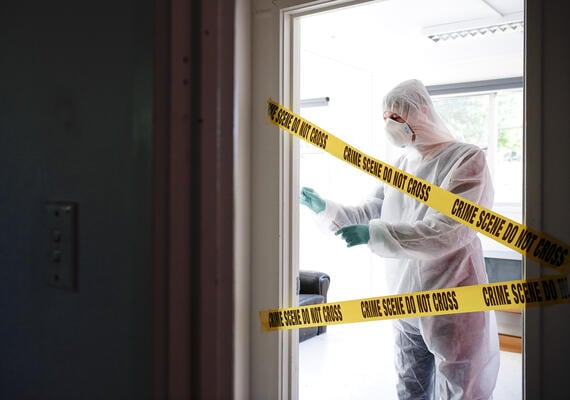
Crime Scene House
Located at our Geelong Waurn Ponds Campus, the Crime Scene House is a purpose-built simulation facility where students and researchers can develop their skills and knowledge in forensic science.
Encompassing a broad range of disciplines and specialised courses, we aspire to be Australia’s best school of life and environmental sciences. Our hands-on, practical and flexible approach to learning, along with industry collaboration and award-winning teaching staff, ensures our graduates are equipped to get ahead and excel in their careers.
Find out more about the fieldwork trips you could go on, plus learn how we teach you effective science communication skills so you can disseminate information to industry, government, research institutes, museums and other public interest groups.
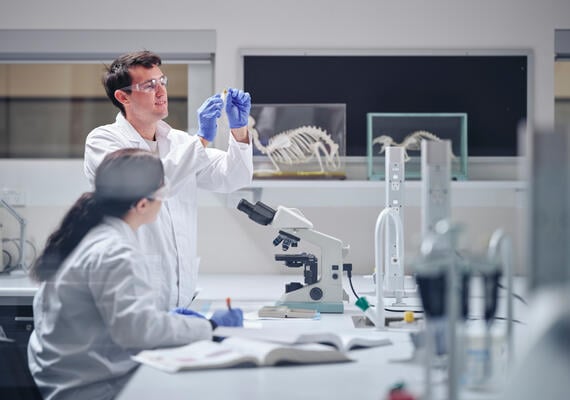
Studying at Deakin gives you access to cutting-edge technology and purpose-built facilities. Tour Deakin's life and environmental science facilities at our Melbourne Burwood Campus.
Our state-of-the-art facilities include a purpose-built Crime Scene House, modern chemistry, physiology and preparation laboratories, an aquaculture research facility and more.

Located at our Geelong Waurn Ponds Campus, the Crime Scene House is a purpose-built simulation facility where students and researchers can develop their skills and knowledge in forensic science.
Our award-winning teaching staff are there to ensure you’re equipped to get ahead in your career. Led by Associate Professor Janine McBurnie, you’ll be guided by experts who are passionate about science and sustainability education. Benefit from their industry connections and stay up-to-date with industry best practice.
I've gotten the opportunity to meet passionate unit lecturers who have inspired me during my learning experience. I've gotten to undertake a variety of fieldwork, field trips, and laboratory work, which I have loved and have been able to undertake valuable internships and volunteer work.
Tallula Harradine-Hodge
Bachelor of Marine Science
Our environmental management and sustainability units give you the opportunity to work with your local community, where you can develop the skills to lead projects in environmental policy, ecotourism, sustainable behaviours, climate change adaptation and environmental protection.
Attracting millions of dollars annually, our research focuses on national priorities. These are important for future social, economic and environmental development and the wellbeing of Australia and the rest of the world. Much of our research is done in collaboration with government departments, as well as industry and leading international scientists.
Our staff hold close links with industry and relationships with organisations; from forensic science educators and guest speakers, local hospitals and governments or environmental bodies such as the Department of Energy, Environment and Climate Action and Parks Victoria. This ensures our courses are relevant and remain up-to-date with industry trends.
Life and environment courses at Deakin have a core professional placement unit where students gain work experience in professional settings and build professional networks in the industry.
Read on for more exciting study stories and career tips, featuring our current students, staff and alumni.
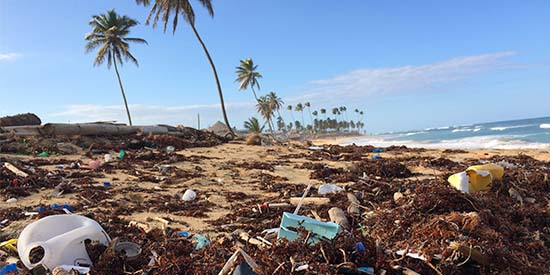
Can waste-management strategies such as container deposit schemes make a difference to beach rubbish? Deakin researchers find out.
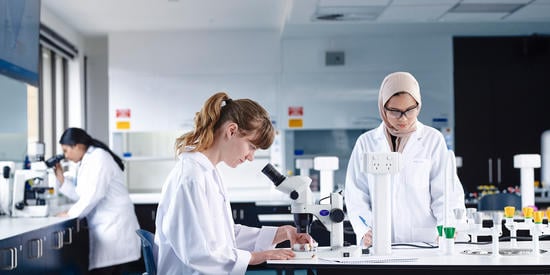
Love science but unsure about committing to a specialist degree like chemistry or marine science? Deakin's Bachelor of Science might be your perfect fit.
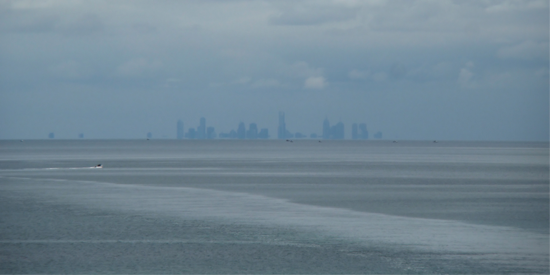
Local science and environment groups are investigating a rarely-studied habitat in Port Phillip Bay and equipping the region’s Traditional Owners with the skills to carry out environmental DNA (eDNA) sampling.
Get in touch if you have any further questions regarding the School of Life and Environmental Sciences.
+61 3 9244 6699